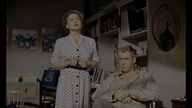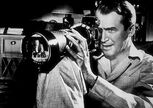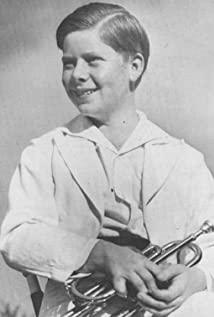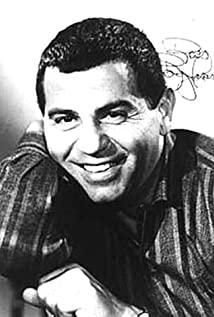The first layer is "privacy". The prelude to the story is opened. Peace and anxiety are actually not contradictory. What is displayed in front of us is a picture of all beings. All living beings are pursuing a life of natural harmony (this harmony is not the other, but for private life), and this is the source of peace. But how much uneasiness lurks in the unusual calm? When the husband in the movie found out that his privacy was completely exposed, he immediately became furious, as if he had the momentum of destruction. Man has a desire to protect his privacy, especially sin.
Kundera said: "Without privacy, love and friendship would be impossible." He equated "natural life" with "privacy". People are struggling to guard a privacy that is about to be broken, as if there is only privacy , to make life natural.
Continuing to think about it, if "privacy" exists alone, I will also disagree about it. Only when "privacy" is violated, or there is the possibility of being violated, it becomes a sacred power and exists.
Next is the opposite layer, "peeping". "Rear Window" makes the audience have a full voyeur addiction. In the story, James Stewart peeps at his neighbors, but the audience in front of the screen can "peep" both of them; He was attacked for peeping into other people's secrets, and the audience in front of the screen sweated for him without having to bear any price for his "peeping" behavior.
Kundera continued: "Anyone who exposes one's privacy should be whipped." Voyeurism is an act, wanting to know the other's secret is a motive, and wanting to prove oneself is the most fundamental desire. Everyone has the desire to pry, especially sin.
In the film, James Stewart is a reporter who has to stay at home all day to recover because of a car accident. Only his girlfriend, a lonely lady, often comes to accompany him. Maybe it's boring, maybe it's a professional instinct, peeping at the neighbor's life has become a pleasure for him. When he found a couple, the wife suddenly disappeared, and the husband acted strangely, he implied to himself that the husband murdered the wife. It's just an assumption, and his girlfriend didn't agree with it at first, while he's convinced he's right and keeps proving himself right. He hinted at himself step by step, and proved step by step, in the end, as he wished, this was indeed a murder case. In a sense, he became the driving force behind the murder. We can describe it as the "Wallenda mentality": how this suggestion becomes reality.
Wallenda was a stunt master who fell to her death during a stunt performance. His wife said afterwards that the night before the performance, her husband told her that the performance was too important to make mistakes. In other words, Wallenda hinted that she would make a mistake. Before this incident, a reporter once asked him the secret of success, he said: "When doing something important, don't think too much about the matter itself", which psychologists call "Wallenda" mentality". Wallenda violated her principles and died.
In fact, the power of suggestion is very scary, whether it is to promote the occurrence of something or prevent it from happening, the same goal is achieved. Just like an angler's mentality, the fish will definitely be hooked, the fish will be hooked, and finally a fish will be hooked; he must be a murderer, a murderer, and indeed a murderer. The result is the same, and they all prove that they are right in the end, so this voyeuristic desire will be satisfied.
View more about Rear Window reviews











